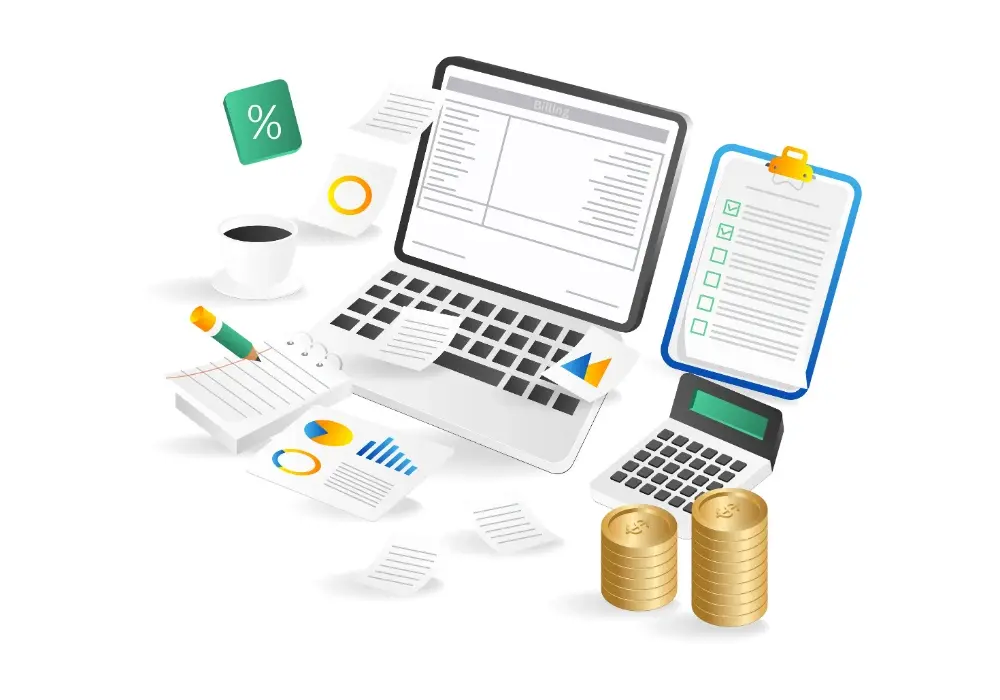Billing software for small businesses offers a range of features designed to simplify invoicing tasks and automate repetitive processes. These features typically include customizable invoice templates, automated invoicing schedules, recurring billing options, and integration with accounting software. By leveraging these tools, small business owners can create professional-looking invoices, send them to clients in a timely manner, and track payment status effortlessly.
One of the primary benefits of billing software is its ability to save time and reduce administrative burdens. With automated invoicing and payment reminders, business owners can spend less time on manual data entry and follow-up tasks, allowing them to focus on core business activities and strategic growth initiatives. Additionally, features such as online payment processing enable businesses to accept payments electronically, further expediting the payment cycle and improving cash flow.
Moreover, billing software provides valuable insights into business finances through reporting and analytics capabilities. Business owners can easily track invoice status, monitor payment trends, and generate financial reports to gain a comprehensive view of their cash flow and receivables. These insights empower informed decision-making, allowing businesses to identify areas for improvement, optimize pricing strategies, and mitigate financial risks.
Another advantage of billing software is its scalability and flexibility. As businesses grow and evolve, their invoicing needs may change. Billing software can adapt to accommodate growing client bases, expanding product or service offerings, and evolving billing requirements. Whether a business operates on a subscription-based model, offers tiered pricing plans, or invoices clients based on project milestones, billing software can be customized to meet diverse needs and preferences.
Furthermore, billing software enhances professionalism and customer satisfaction. Professional-looking invoices instill confidence in clients and reflect positively on the business's brand image. With features such as personalized branding, itemized billing, and automated thank-you notes, businesses can deliver a polished and seamless invoicing experience that fosters trust and loyalty among clients.
In conclusion, billing software is a valuable tool for small businesses looking to streamline their invoicing processes, improve cash flow, and enhance financial management. By automating repetitive tasks, providing valuable insights, and enhancing professionalism, billing software empowers businesses to operate more efficiently, effectively, and profitably in today's competitive marketplace.

